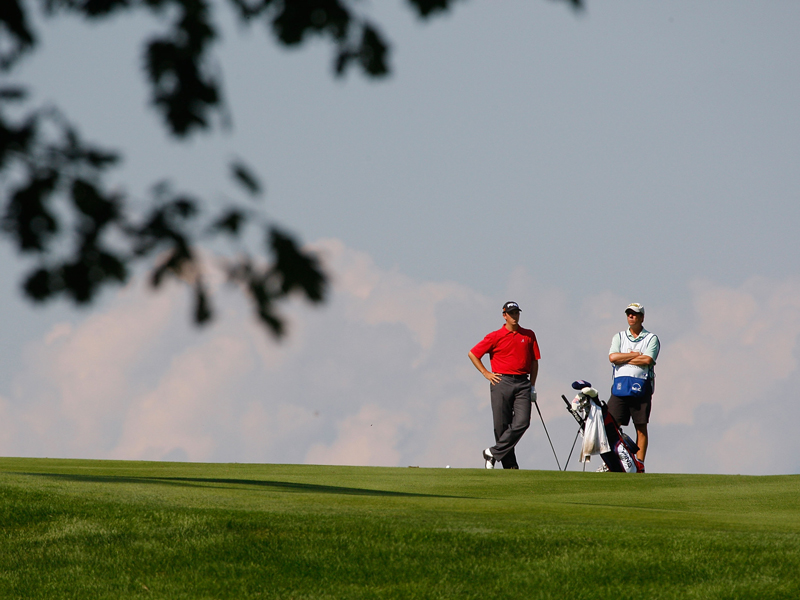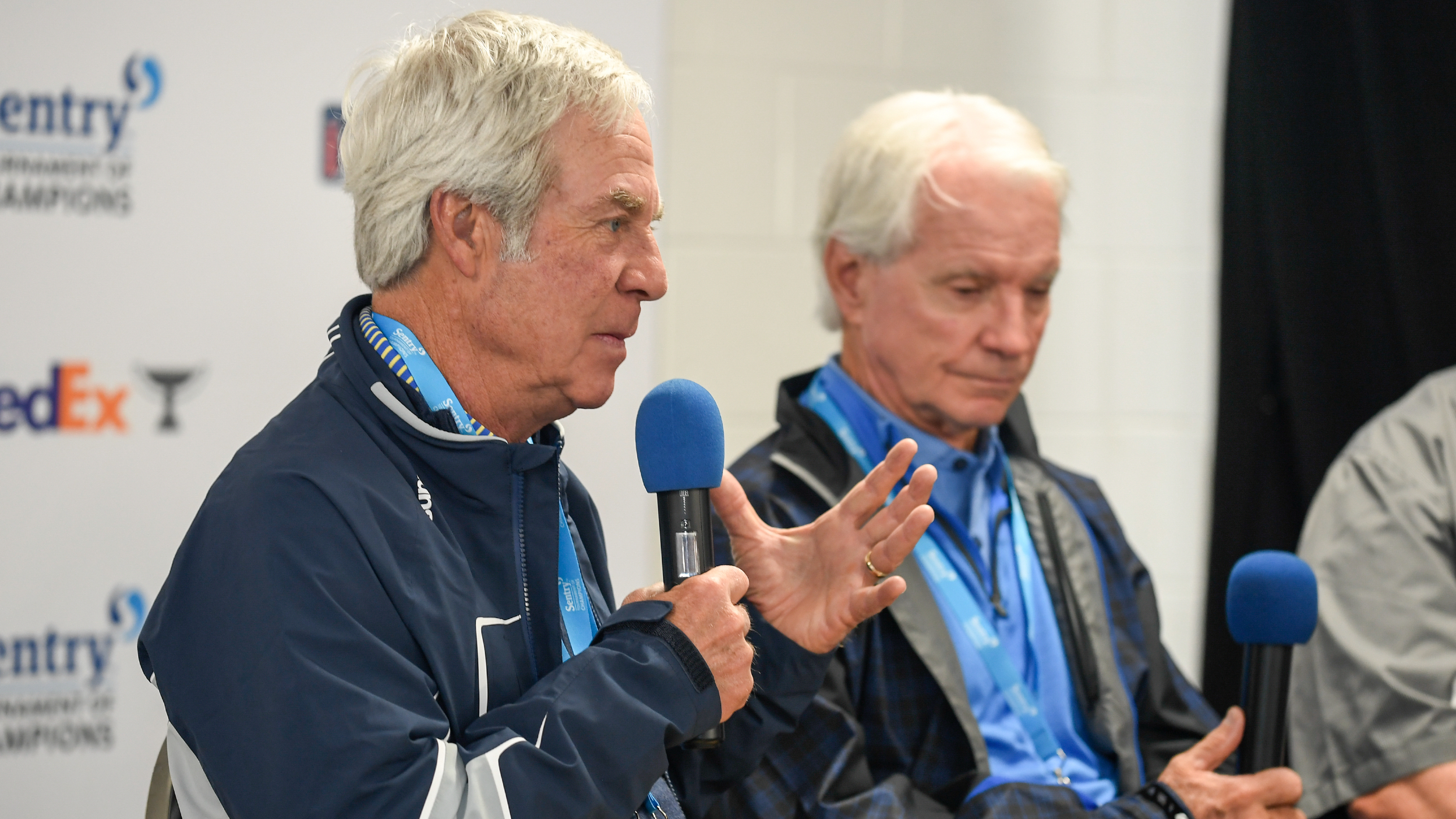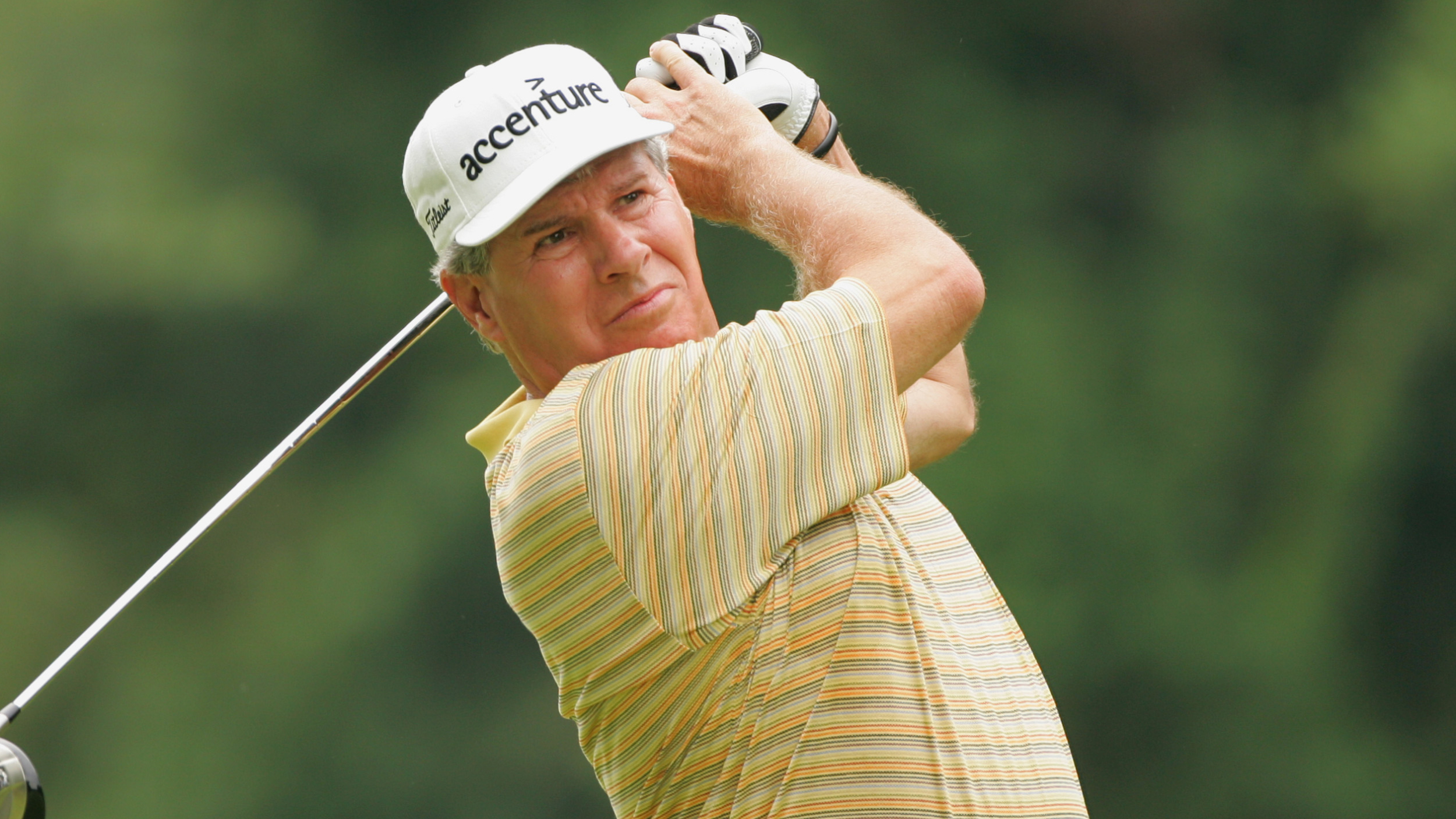Should we play more ready golf?
As a way to keep the game flowing, is it time to rethink golf’s regimented system of always playing in turn?


As a way to keep the game flowing, is it time to rethink golf’s regimented system of always playing in turn?
We all know the scenario: Playing the monthly medal, you’re standing at your ball in the fairway with club in hand and the green ahead clear. But you’re clearly not furthest away and the player who should be up is just leaving the tee after re-adjusting the straps on their bag. The etiquette of the game dictates you have to wait. Not only does this waste time, but it also throws your game out of rhythm.
Surely in strokeplay it’s time to do away with the old-fashioned “order of play,” to expedite increasingly time-consuming rounds.
If everyone simply played when ready, it would cut huge chunks off each game. If you’re first to the tee and it’s possible to play – just go for it. The player with the honour shouldn’t begrudge this. It simply gives them breathing space and time to think about how to play the hole.
When around the green, if someone has fired from bunker to opposing bunker, don’t wait for them to rake then to wander round and play again – take your shot to keep things moving.
In matchplay, it’s a different story. Playing when it’s your turn is part of the contest and leaving yourself a longer approach to strike the first blow can be a canny strategy. In matchplay contests the honour/order of play system must stay.
An argument against playing “ready golf” is that the game could lose its discipline. Things could turn into the whacky races, with players focused solely on their own game, charging towards their ball and paying no attention to what playing partners are doing. Perhaps playing in turn an essential element of the social and sporting side of golf?
Get the Golf Monthly Newsletter
Subscribe to the Golf Monthly newsletter to stay up to date with all the latest tour news, equipment news, reviews, head-to-heads and buyer’s guides from our team of experienced experts.
A happy medium seems logical. It shouldn’t be “every man for himself” out there, but when it makes sense to play out of turn in order to keep pace, it shouldn’t be deemed poor form to do so.
What we think: Common sense should prevail. Play in turn where possible, but if playing out of turn helps the flow of play it should be viewed as good rather than bad etiquette.

Fergus is Golf Monthly's resident expert on the history of the game and has written extensively on that subject. He has also worked with Golf Monthly to produce a podcast series. Called 18 Majors: The Golf History Show it offers new and in-depth perspectives on some of the most important moments in golf's long history. You can find all the details about it here.
He is a golf obsessive and 1-handicapper. Growing up in the North East of Scotland, golf runs through his veins and his passion for the sport was bolstered during his time at St Andrews university studying history. He went on to earn a post graduate diploma from the London School of Journalism. Fergus has worked for Golf Monthly since 2004 and has written two books on the game; "Great Golf Debates" together with Jezz Ellwood of Golf Monthly and the history section of "The Ultimate Golf Book" together with Neil Tappin , also of Golf Monthly.
Fergus once shanked a ball from just over Granny Clark's Wynd on the 18th of the Old Course that struck the St Andrews Golf Club and rebounded into the Valley of Sin, from where he saved par. Who says there's no golfing god?
-
 Bill Coore And Ben Crenshaw To Design New Course At Pinehurst Resort
Bill Coore And Ben Crenshaw To Design New Course At Pinehurst ResortBill Coore and Ben Crenshaw are designing a new course for Pinehurst Resort
By Mike Hall
-
 Amateur Legend Jay Sigel Dies Aged 81
Amateur Legend Jay Sigel Dies Aged 81The USGA has announced the American has passed away at the age of 81 from pancreatic cancer
By Mike Hall